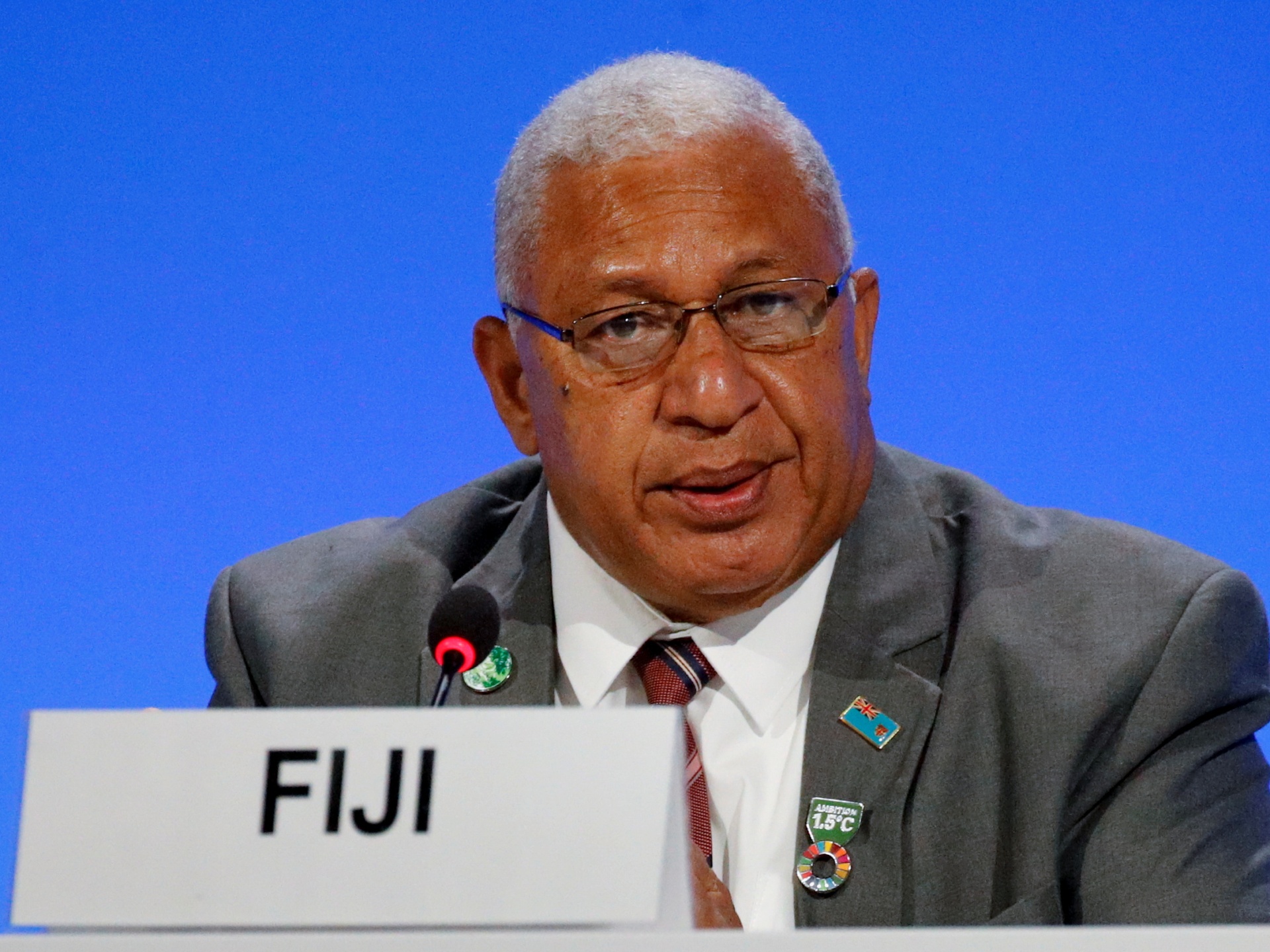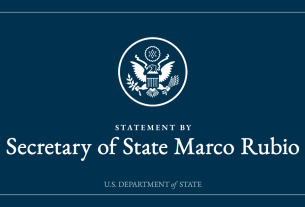Prime Minister Frank Bainimarama and political rival Sitiveni Rabuka are projected to win 26 seats each in parliament.
Final results show Fiji’s general elections deadlocked, with neither incumbent Prime Minister Frank Bainimarama nor his political rival Sitiveni Rabuka heading for a majority of seats in parliament.
Bainimarama’s Fiji First party and a coalition led by his rival Rabuka are projected to secure 26 seats each in the 55-seat parliament, according to a Fijian Election Office tally posted online on Sunday.
The dead heat result caps a tumultuous election campaign marked by allegations of fraud and calls for military intervention.
Drama unfolded when opposition leader and two-time coup plotter Rabuka claimed the vote-counting process was “clouded in secrecy”. He was then questioned by police after appealing to the military to intervene.
Fiji’s military chief said on Friday his forces would not intervene. International election observers also said on Friday they had not seen any significant voting irregularities, adding that an initial anomaly with an app showing the results had been rectified.
The government will now be formed through what could be a drawn-out negotiation process, with both Rabuka and Bainimarama – who seized power through a 2006 putsch and then legitimised his government with outright election wins in 2014 and 2018 – already courting the Social Democratic party, which holds three seats and now the balance of power.
The Social Democrats are led by the deeply religious Viliame Gavoka, a former chairman of the Fijian Rugby Union who had fallen out with both Bainimarama and Rabuka.
Fiji is a small country of just 900,000 people but the result has regional significance. Bainimarama has grown close to China, while Rabuka and Gavoka have suggested loosening ties with Beijing.
The Social Democrats earlier this week joined a coalition of five other political parties calling for vote counting to be immediately stopped and investigated.
Rabuka’s People’s Alliance wrote to Fiji’s Military Forces Commander Ro Jone Kalouniwai last week expressing concerns over the election process.
In response, Kalouniwai told TV station FBC news on Friday that the military would put its trust in the electoral process and not get involved.
The co-chair of a Multinational Observer Group, Australian politician Rebekha Sharkie, told reporters in Suva on Friday that counting was proceeding “in a systematic, methodical and transparent manner”.
Technical problems with the app used by the public to track provisional results had fuelled mistrust among opposition parties when it had shown a People’s Alliance Party candidate leading before it was taken offline. When it went back online it showed Fiji First was ahead.
The election office said mistakes had been made in transferring data to the app, and that it was not used to count votes.



